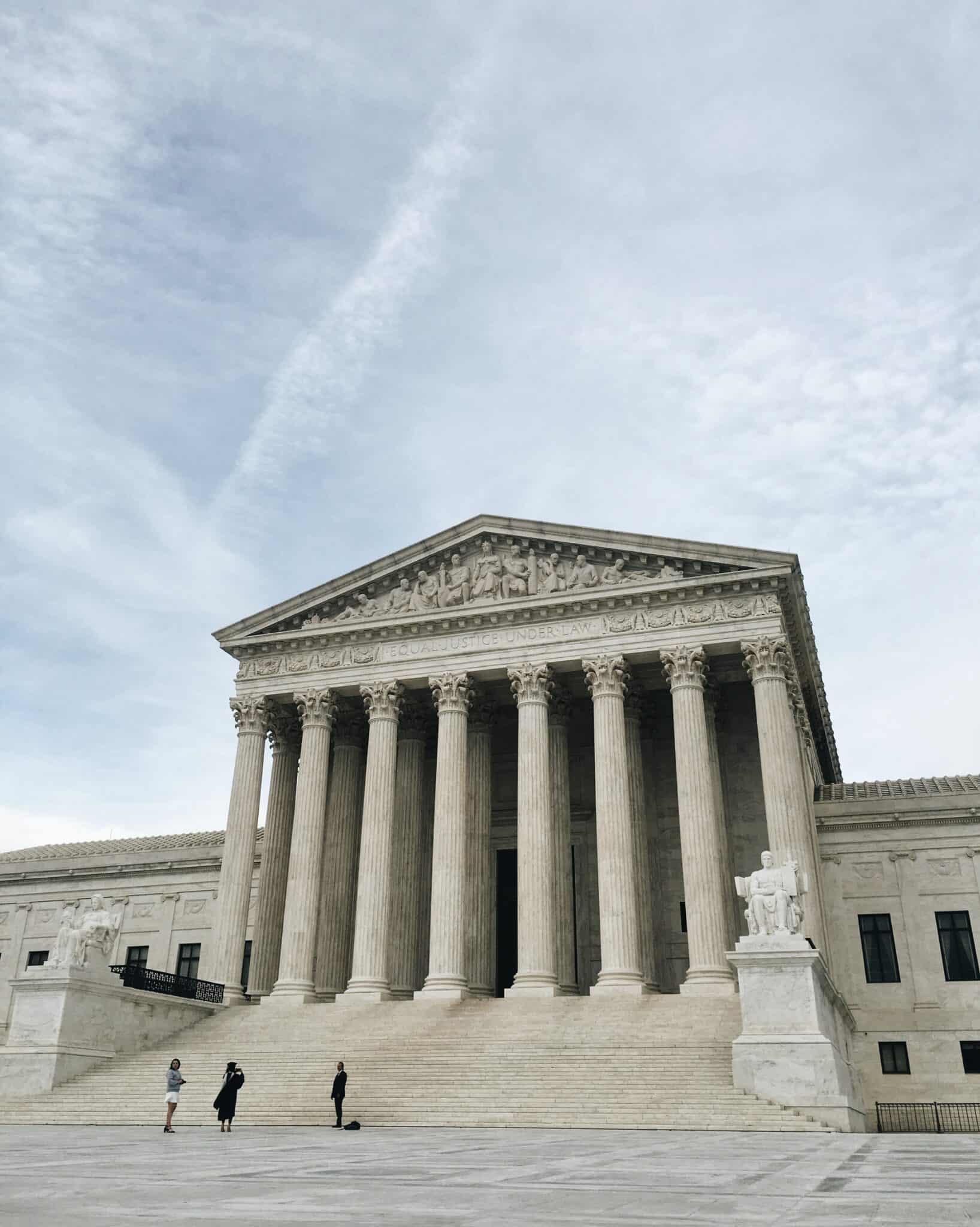Hannah Finnie is a writer in Washington, D.C. interested in the intersections of work and culture. She is a graduate of Harvard Law School.
Minneapolis teachers and staff are on day nine of their strike over higher, equitable pay and creating more protections for teachers and staffers of color. Black teachers and staffers went to district headquarters earlier this week alongside the Minneapolis NAACP to underscore the need for greater protections for educators and staffers of color.
The strike also has student support: around 100 students staged a sit-in at the school district headquarters, voicing support for the teachers and staffers’ demands. They eventually met with the school district superintendent.
The school district is trying to force an end to the strike by calling on teachers and staffers to return to work and promising that negotiations will continue while they’re working. The district also says that the strike is hurting children – a notion that students have pushed back on. A student who helped organize the sit-in told the StarTribune: “[District officials] talked a lot about how what the teachers are doing … is hurting our students. But it’s not really hurting us because we’re here to support our teachers, the same way that they’re here to support us.”
Minneapolis schools’ food service workers union also announced yesterday they reached a tentative deal with the school district, including a raise of up to 24% over three years. The agreement comes on the heels of the workers threatening to strike earlier this week.
Faculty at Howard University, a historically black university in Washington, D.C., have announced their intent to strike next week after their union said the university engaged in bad faith bargaining during contract negotiations.
Finally, Congress heard testimony yesterday from various current and former employees of the federal court system who say that workplace harassment and discrimination runs rampant in the judiciary. Some lawmakers have already introduced legislation that would grant federal judiciary employees the same anti-discrimination rights other government employees already have, and would also protect whistleblowers. One of the people who testified said that under the Justice Department’s interpretation of the court’s current anti-discrimination rules, federal judiciary employees have no remedy if they are being discriminated against on the basis of their sex.
According to the Washington Post, the proposed law would “create an independent special counsel to investigate workplace complaints and report its findings to Congress and an oversight commission made up of people with experience enforcing civil rights laws.”
The judiciary has attempted to block the law, arguing that Congress should not interfere with how another branch of government chooses to govern itself.






Daily News & Commentary
Start your day with our roundup of the latest labor developments. See all
July 4
The DOL scraps a Biden-era proposed rule to end subminimum wages for disabled workers; millions will lose access to Medicaid and SNAP due to new proof of work requirements; and states step up in the noncompete policy space.
July 3
California compromises with unions on housing; 11th Circuit rules against transgender teacher; Harvard removes hundreds from grad student union.
July 2
Block, Nanda, and Nayak argue that the NLRA is under attack, harming democracy; the EEOC files a motion to dismiss a lawsuit brought by former EEOC Commissioner Jocelyn Samuels; and SEIU Local 1000 strikes an agreement with the State of California to delay the state's return-to-office executive order for state workers.
July 1
In today’s news and commentary, the Department of Labor proposes to roll back minimum wage and overtime protections for home care workers, a federal judge dismissed a lawsuit by public defenders over a union’s Gaza statements, and Philadelphia’s largest municipal union is on strike for first time in nearly 40 years. On Monday, the U.S. […]
June 30
Antidiscrimination scholars question McDonnell Douglas, George Washington University Hospital bargained in bad faith, and NY regulators defend LPA dispensary law.
June 29
In today’s news and commentary, Trump v. CASA restricts nationwide injunctions, a preliminary injunction continues to stop DOL from shutting down Job Corps, and the minimum wage is set to rise in multiple cities and states. On Friday, the Supreme Court held in Trump v. CASA that universal injunctions “likely exceed the equitable authority that […]